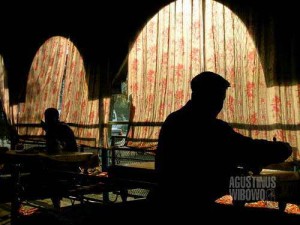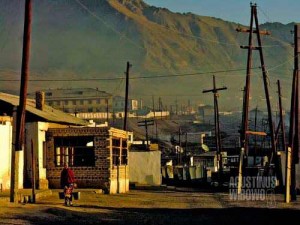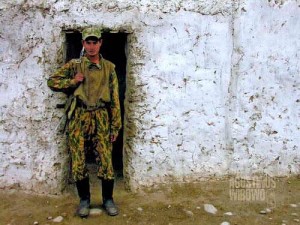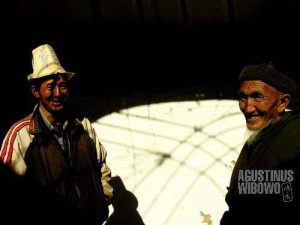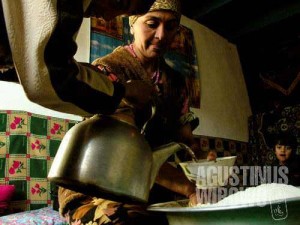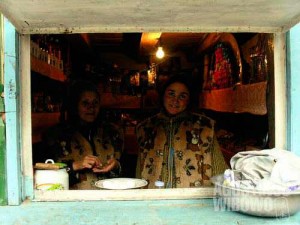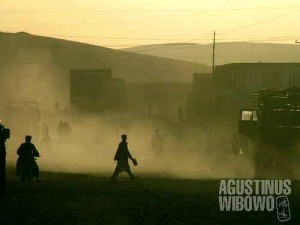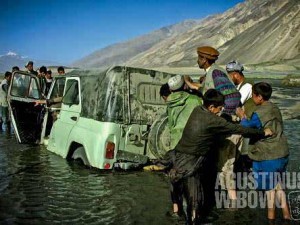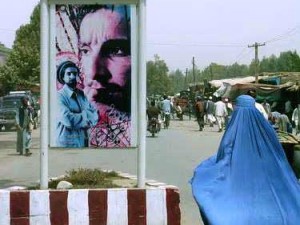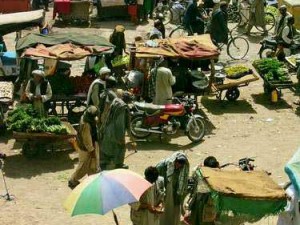Garis Batas 24: Cita Rasa Osh
Restoran Laghman Uyghur (AGUSTINUS WIBOWO) Osh, kota terbesar kedua di Kyrgyzstan, adalah sebuah kejutan luar biasa setelah mengalami beratnya hidup di GBAO-nya Tajikistan. Kota ini, walaupun dikelilingi gunung-gunung, suhunya sangat hangat. Osh adalah kota dalam definisi yang sebenarnya, dengan hiruk pikuk manusia dan segala kesibukannya. Bukan kota-kota di GBAO macam Khorog dan Murghab yang hanya menyimpan kisah sedih pegunungan terpencil. Arus mobil dan bus kota berseliweran tanpa henti. Jalanan pasar penuh sesak oleh orang-orang yang berbelanja. Gedung-gedung tinggi berbentuk balok berbaris sepanjang jalan. Penduduk Osh adalah percampuran berbagai suku bangsa. Ada orang Kyrgyz yang berwajah Mongoloid. Ada orang Uzbek yang berwajah keturki-turkian. Ada gadis-gadis Korea yang berpakaian modis. Banyak juga orang Rusia dan Tatar yang berkulit putih pucat. Dering ringtone telepon seluler seakan tak pernah putus di tengah riuh rendahnya pasar kota Osh. Tetapi kejutan yang paling menggembirakan setelah meninggalkan GBAO adalah, saya tidak akan pernah kelaparan di Osh. Dalam bahasa Tajik, Osh memang berarti makanan. Apakah memang ada hubungan antara kata ini dengan melimpahnya makanan lezat di Osh? Duduk di atas dipan, sambil menghirup panasnya secangkir teh hitam dan menyaksikan mengalirnya sang waktu adalah kebiasaan kakek-kakek Uzbek dan Kyrgyz melewatkan hari mereka di Osh. Sambusa, pastel kecil berbentuk segitiga [...]

